essays
Almosting a Joycean Listicle: 10 Books that Continue the Legacy of Ulysses

It frustrates me to see that a work of art as radical as Ulysses has been rendered so tame by time that even Mayor Nutter — and what a Joycean name that is! — participates in the annual Bloomsday celebration at the Rosenbach Museum here in Philadelphia. What was once transgressive is now pedestrian. Yes it’s wonderful that so many people across the globe get together to celebrate a book of all things, yes, yet I can’t help wondering why we insist on living in the past.
In keeping with James Joyce’s own love of lists, here’s a terribly subjective list of ten books published in this century that are in different ways as inventive as Ulysses was in 1922. These novels aren’t necessarily inspired by Ulysses, except insofar as it has affected every subsequent novel, but like Joyce’s masterpiece they challenge us in ways we never knew to expect. If nothing else, Bloomsday should remind us to pick up some books not despite their difficulty but because of it.
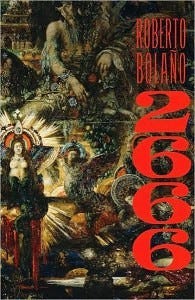
2666 by Roberto Bolaño
On the surface, the five sections of 2666 have little in common. They read like entirely separate novels and it’s possible that that’s how Bolaño wanted them published. But held together in one volume — written while the author awaited a liver transplant and released after his death — we are forced to find our own lines of thoughts and thematic connections.
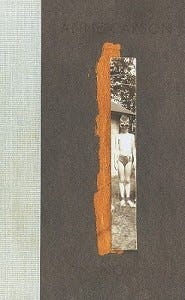
NOX by Anne Carson
NOX serves as an epitaph for the author’s brother in the form of a book. The text fills one long document that we pull from a box like tissues at a funeral. The combination of imagery and poetry makes us rethink what a book can be and, by extension, what we can be. Maybe it’s not a “novel.” So what.
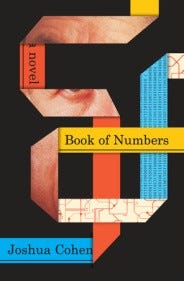
Book of Numbers by Joshua Cohen
There’s no escaping textual linearity in a bound novel unless we’re willing to skip around and choose our own order of adventure, but Book of Numbers manages to internalize the garden-of-forking-paths logic of the internet and use it in the service of a clever and enjoyable and ultimately old-fashioned story. Cohen’s latest novel seems to retell the entirety of Wikipedia the way Ulysses retold the Odyssey.
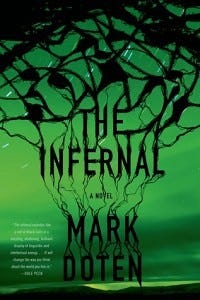
The Infernal by Mark Doten
Doten’s debut novel mines the current war-on-terror headlines for stories that to any reasonable human would sound invented were they not all too real in their horror. It’s a book that understands that absurdity has become our dominant aesthetic; in participating in the absurd and interrogating it and ultimately embracing it, Doten also helps us see alternatives to it.
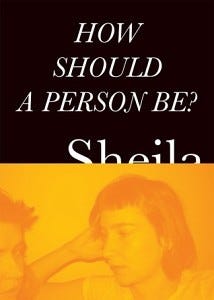
How Should a Person Be? by Sheila Heti
The “Sheila Heti” who appears in How Should a Person Be? shouldn’t be confused with the flesh-and-blood Sheila Heti whose name appears on the cover any more than the object Magritte depicted in “The Treachery of Images” should be confused with a real, physical pipe. Yet for all the novels struggling these days to undermine the artifices of fiction, How Should a Person Be? is the one that feels most simultaneously real and unreal. It’s lovely and heartbreaking and then lovely some more.
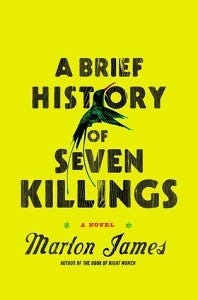
A Brief History of Seven Killings by Marlon James
In this masterful novel, set mostly in Jamaica, James enlists an ensemble cast of memorable characters and channels their individual voices with such alacrity it’s possible to forget that there’s an author pulling the strings at all. It feels at times like the entire human experience, in all its glory and all its depravity, gets rendered bare on the page. To whatever extent Dublin is synonymous with Ulysses, you can count on there one day being Brief History walking tours of Kingston.
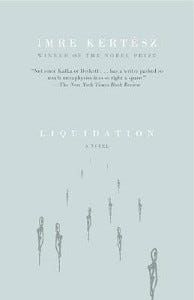
Liquidation by Imre Kertész
The advertising agent Leopold Bloom was born in 1866 to a Hungarian Jewish father and an Irish Protestant mother. It’s conceivable that his father was been born around the time of Hungary’s 1848 uprising against the Austrian Empire. We cannot understand Bloom without some sense of the treatment of Europe’s Jewish population at the turn of the twentieth century. As Daniel Torday does in his recent and magnificent debut novel The Last Flight of Poxl West, the Hungarian Nobel laureate Imre Kertész shows us the ways in which that Ulysses-era fear mongering reached its awful nadir four decades later.
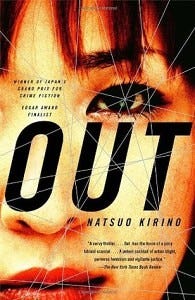
Out by Natsuo Kirino
It would be a shame if the well-deserved love heaped upon Oe and Murakami caused us to lose sight of the Japanese novelist Natsuo Kirino. Her novels, often categorized as crime fiction, challenge conventional gender roles and her homeland’s patriarchal institutions. That makes her genuinely dangerous to the status quo and Out in particular — in which a fed-up woman finally kills her husband — can inspire the kind of intellectual liberation we all so desperately need. It’s gruesome and wonderful. A hundred years ago, it would have been considered obscene.
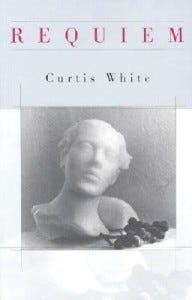
Requiem by Curtis White
Taking its inspiration in part from Mozart’s Requiem, White’s resplendent novel actually manages to be shocking in much the way I bet Ulysses was when it first appeared. The shock here — moral, sexual — serves the vital function of shaking us from our comfort zones. White isn’t telling us what to feel, only reminding us that we’re capable of feeling.
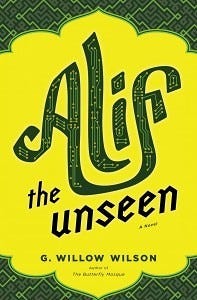
Alif the Unseen by G. Willow Wilson
Here’s another one of those novels that both draws on some of the literary traditions codified by James Joyce and moves the conversation in exciting new directions. In particular, it asks us to look at the changing nature of humanness as we embody new digital technologies and at how those changes might inspire new ways of forging relationships across traditional theological boundaries.









